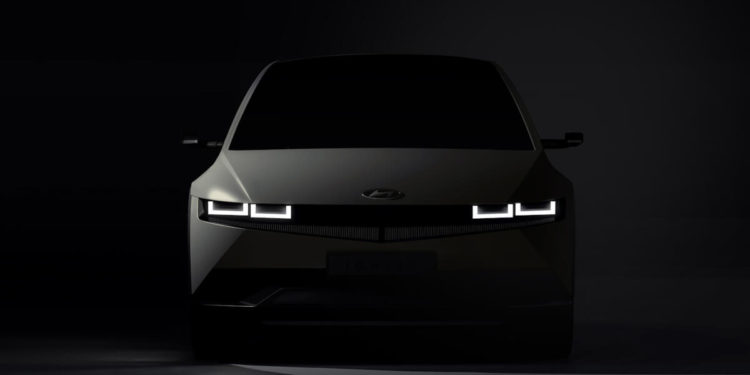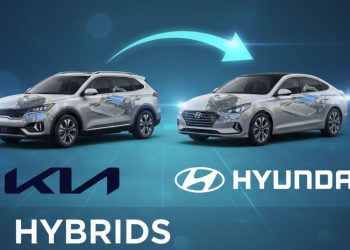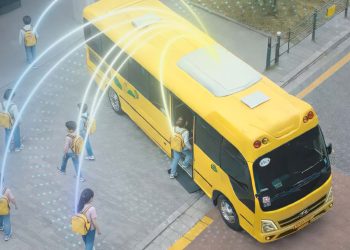Hyundai Motor Group announced that it would discontinue the development of new diesel engines in support of the group’s program to decrease its dependence on internal combustion engines and quickly change over to electric vehicles and hydrogen fuel cell EVs.
According to a source speaker from Hyundai Motor, the company would still assemble existing diesel engine models for some time. It would also still release updated versions of its existing engines. But the company would stop and eventually phase out the diesel engines and replace them with EVs. Hyundai also supports the global automotive trend of stopping new diesel engine development for a more sustainable environment.
Currently, Hyundai retains four diesel engines for passenger vehicles and another three for commercial vehicles. The engines for passenger vehicles consist of the Santa Fe, Veracruz, the i30, and the Starex. The group believes that crossing over to eco-friendly manufacturing vehicles constitutes the right move.
Hyundai Motor recently reorganized its research and development group in Namyang R&D Center. The company transferred researchers to new segments based on divisions rather than fuel types and focused on electric vehicles.

The group supposedly ceased developing new diesel engines late last year. The company has already discontinued manufacturing diesel versions of the Sonata, Grandeur Maxcruz, and i30 since 2018. Hyundai decided to abandon diesel engine R&D due to positive feedbacks from the Porter 2 and the Xcient Fuel Cell truck.
The group also intends to phase out gasoline engine vehicles in the future slowly. It would discontinue selling combustion engine vehicles worldwide, including Europe, U.S., China, by 2040 and would concentrate only on EVs.
Expanding Eco-Friendly Lineup
The company currently develops 15 eco-friendly models and would expand to 44 models by 2025, making up 10 percent of the global EV market.
Hyundai Motor would utilize its electric-global modular platform, or E-GMP, to manufacture and improve its electric vehicles. The company recently released preview images of the IONIQ 5, the first purely electric model based on its electric vehicle platform.

The Ioniq 5 mid-sized crossover vehicle offers a driving range of up to 500 kilometers on a single charge. It includes an ultrahigh-speed 800-volt charger that could charge 80 percent of the battery capacity within 18 minutes.
The model’s design features Parametric Pixels that uses geometric algorithms as design factors. The company stated that this feature would also apply to future models under the Ioniq brand. The Ioniq model includes a clamshell hood that encloses the entire upper portion of the car.
Lee Sang-yup, senior VP in charge of Hyundai Global Design Center, said that the Ioniq 5 would provide new design experiences. Additionally, the Ioniq BEV brand would redefine and upgrade the standards of the electric vehicle design.
Hyundai would release the Ioniq 6 sedan by 2022 and the Ioniq 7 sport utility vehicle by 2024. The company would also begin an alphanumeric naming system for its electric vehicle lineups. Hyundai Motor’s independent premium brand, Genesis, would introduce its all-electric model within the year.







